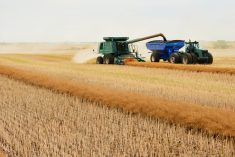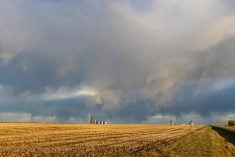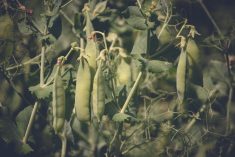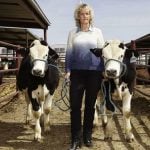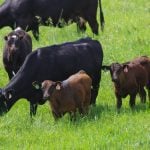The Manitoba government wants “farmers’ and stakeholders'” feedback on potential changes to Keystone Agricultural Producers’ (KAP) funding model — and fast.
The deadline to fill out an online survey or download and email it in is March 9, the government said in a release Thursday.
“The current approach to funding our province’s general farm organization is overly complex, inefficient and unlike any other system in the country,” Agriculture Minister Ralph Eichler said in the release.
Read Also
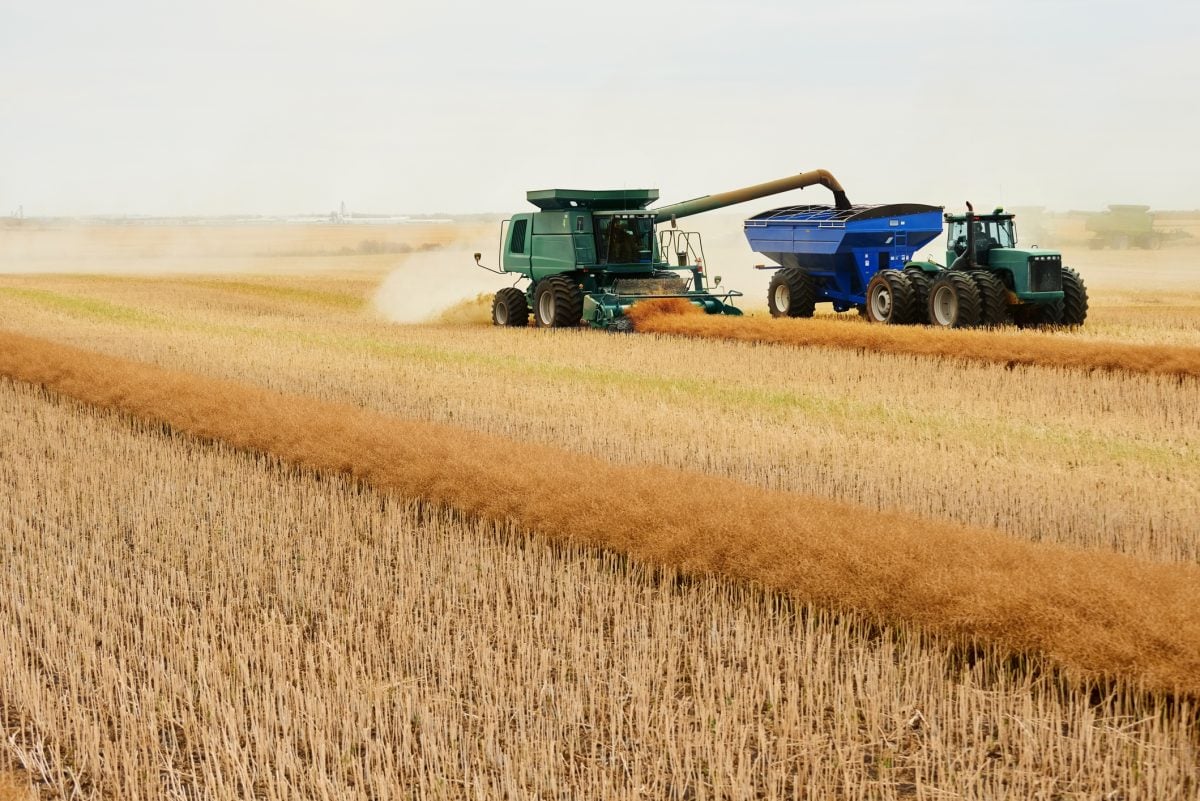
Manitoba Crop Report: Harvest near completion despite snowfall
Despite snowfall in the northwest region, Manitoba’s harvest advanced to 93 per cent completion as of Oct. 13, 2025.
“Our government is committed to working with KAP and farmers across Manitoba to erase administrative burdens and reduce red tape for the industry. This feedback we collect through this online resource will be essential in helping inform how our government can improve the process to fund membership in a far more efficient manner.”
KAP president Dan Mazier hopes farmers will fill out the survey.
“I encourage producers to look at it,” he said in an interview Thursday. “This is a chance to look at the legislation. Be aware we have an opportunity to help ourselves.”
KAP has complained about its refundable checkoff of 0.75 per cent of the gross selling price on grain, hog and milk sales for years.
“It’s an administrative nightmare,” Mazier said.
The problem is, unlike most other commodity groups, KAP’s checkoff is capped at $210 (including taxes). Once the cap is reached, the checkoff should stop, but sometimes it doesn’t. KAP must refund the excess collected.
Though designated buyers, including elevator companies, are obliged under law to collect the checkoff, some don’t.
And sometimes farmers don’t quite reach the maximum required for KAP membership and the organization is required to refund all of the money. However, KAP will contact the farmer and ask if he or she will contribute the rest directly.
“For every dollar farmers are paying to KAP through this checkoff system, 40 cents has to go back out unfortunately,” KAP general manager James Battershill said in a previous interview.
The survey follows Eichler’s announcement at Manitoba Ag Days in January that the province would explore a different funding option, as part of the government’s promise to cut red tape.
“It’s not because of opt-outs, it is because of overpayments of memberships unfortunately. The purchasers are quite frustrated as well,” Battershill said.
“There is no way for us to improve it significantly. We have worked with them (buyers) over the past two years to try and find solutions to these challenges, but unfortunately it is just a poorly designed system for an organization structured like ours.”
KAP wasn’t involved in setting up the government’s survey, Mazier said. And while KAP has long sought changes, “this is a government initiative, not ours,” he said.
KAP is hoping a new system will result in less revenue “slippage,” but most importantly, be easier to administer and less frustrating for farmers and farm product buyers.
The provincial government hasn’t proposed any alternatives yet. KAP has looked at options, including programs in other provinces tying membership payments to government services.
For example, farmers might have to pay up before being eligible to use purple gas or to get certain farm tax deductions.
Under the province’s Agricultural Producers Funding Act just one Manitoba general farm organization (GFO) at a time is allowed access to legislated stable funding. That is, and has been KAP, since the act took effect in 1988.
The designation, for which GFOs apply to the government-appointed Farm Products Marketing Council, runs for two years at a time.
The National Farmers Union (NFU) says the stable funding should exist for all general farm organizations, including the NFU, by allowing farmers to select where their membership contributions go. Ontario, Prince Edward Island and New Brunswick have such systems.
Eichler said the time it was too soon to comment on the NFU’s request.
— Allan Dawson is a reporter for the Manitoba Co-operator at Miami, Man. Follow him at @allanreporter on Twitter.




